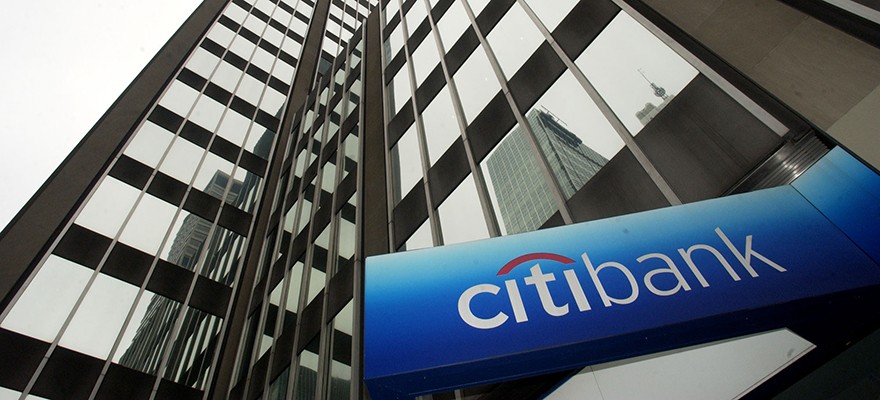Citigroup has reportedly been testing blockchain technology for years, building three blockchains and even toying with a ‘Citicoin’ as it looks to redefine payments.
According to , the bank has amassed a skilled team to investigate the technology. It joins at least a half dozen other financial institutions disclosing such initiatives, and likely more that have yet to make them public.
Ken Moore, Head of Citi Innovation Labs, explained:
“We have up and running three separate systems within Citi now that actually deploy blockchain distributed ledger technologies. They are all within the labs just now so there is no real money passing through these systems yet, they are at a pre-production level to be clear.
We also have an equivalent to bitcoin up and running, again within the labs, so we can mine what we call a ‘Citicoin’, for want of a better term. It’s in the labs, but it’s to make sure we are at the leading edge of this technology and that we can exploit the opportunities within it.”
Money without Borders
He added that the research’s priority is for payments, and trading applications secondary. Other players, both big and small, have been working on projects that would take securities trading to the blockchain. Nasdaq is now for its private market, UBS a ‘smart-bond’ and ‘cryptobonds’. Crypto startups, such as Counterparty spinoff , are looking to do the same.
With payments, a major value-add comes in the form of cross-border transfers between branches of the same bank. “Because we are a global network, a global bank, we can look for opportunities to use this technology to move money from country to country – country A to country B, across our network,” said Moore.
Germany-based Fidor Bank was one of the first to implement Ripple’s protocol, specifically for this purpose.
Envisioned advantages include: the near-instantaneous settling of transactions, as opposed to the current lead times of up to three days; the elimination of counterparty risk, such as when dealing with a smaller bank, traditionally hedged by collateral requirements; and reducing the operating costs associated with such transactions.
Citi is talking to governments and regulators to predict an “end state” for ledger technology. They are also exploring the prospect of an internationally distributed ledger and even “the opportunity to create a state-backed digital currency in a number of different countries.” Indeed, Citi responded to the UK Treasury’s on digital currency by recommending the government of digital currency.
The blockchain initiative is apparently one of five looking into digitizing payments. The bank is reportedly looking to partner with a company in the crypto industry, and is considering four or five potential candidates.
No Bank Accounts?
The report also highlighted the bank’s work in mobile-based payments in underbanked regions such as Africa. Citigroup Treasury and Trade Solutions is working with Safaricom, Kenya’s largest mobile network operator (MNO), to allow transactions conducted just with a mobile phone.
Instead of amounts settling into bank accounts, they are settled into the phone’s ‘wallet’ administered by the MNO.
Interestingly, a major impetus for the solution was the need for multinationals and non-governmental organizations to make payments, but from a cash-dominated society.
Now, mobile banking is quickly filling the void of unbanked populations, and is anticipated to become the primary form of banking in such regions for the foreseeable future. It will gain stronger traction in these regions than in developed markets where banking services are already available. This is not only a result of the disparity in demand for mobile banking; according to Ireti Samuel-Ogbu, Managing Director, Payments and Receivables EMEA, a mobile-based solution is more compatible with other mobile-based solutions than an environment dominated by regulated banks. She explained:
“It’s not as easy in other countries to solve the interoperability challenge. It’s very difficult to get MNOs and banks on the same platform because the central banks think of MNOs being regulated by telecoms regulators, while banks are regulated by central banks. They were able to get over those sorts of problems in Nigeria.”





Be First to Comment